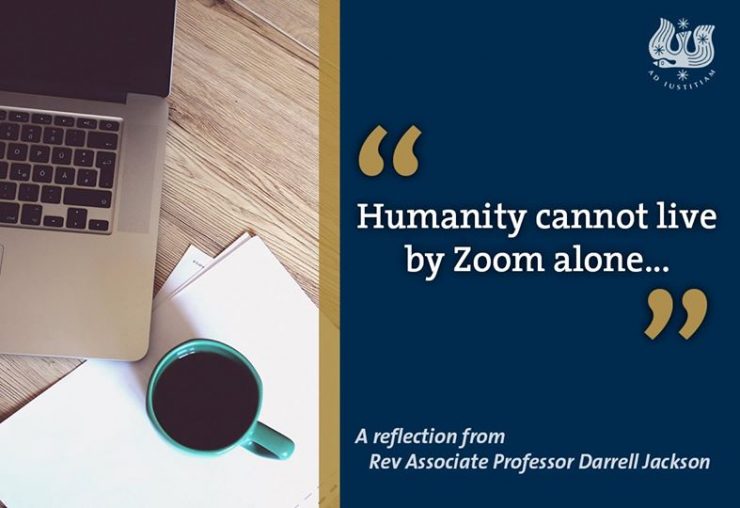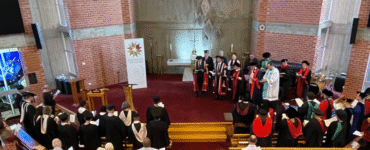Over the last week or so, I’ve been pondering this question, prompted by the simple reality that these things happen for a world also wrestling with a global pandemic. For example, two of my friends have just announced their elevation to ‘grandparent’ status. Our family has scheduled a Zoom-party this week to celebrate the birthday of our 14-year old son. Two of our church members will legally consent to marriage on Saturday. Two weeks’ ago, I had to contemplate the prospect of losing a parent with no chance for my siblings or I to attend the funeral. In each of these, the extent of human-to-human engagement has been mediated digitally, via Zoom, Facebook, and YouTube. In not one of these instances, has anybody talked about what a post-COVID funeral, wedding, or birthday celebration will look like.
In contrast, there’s been a lot of chatter among Baptist leaders and pastors about ‘post-COVID church’ with theologians upping the intellectual ante with reference to ‘post-COVID ecclesiology’! The discussion suggests that this is an opportune moment for church, or at least Sunday worship, to be conceived and subsequently practised differently. In light of the online chatter I’ve begun trying to understand the implications of these various and varied hints at a digitally-inspired renewal of ecclesiology. These seem to come in something of a contrast with the longing for a return to the usual pattern of gatherings, religious or secular, that commemorate births, marriages, birthdays, anniversaries, and deaths. I’ve not yet read or heard a single voice calling for a digital alternative to genuine family celebration, or authentic communal grieving, or real inter-generational encounter. Perhaps, it’s because these shared moments help to define us as human beings.
To be honest, I hesitate to predict whether post-COVID church (or ecclesiology) will be different or not. What I dare to suggest is that these weeks and months of physical isolation have reminded us that human relationships are central to our understanding of the church. To be truly the church is to be truly human – or a new humanity, according to the apostle Paul (Eph 2:15). As various Federal and State ‘exit plans’ gradually ease restrictions on the numbers of people who are allowed to meet together, I suspect some pastors will search initially for those practices and experiences of church that underline and respond to our shared humanity. More theologically, others might wish to imagine and implement those ecclesial practices that define and demonstrate our new humanity in Christ. Such relational ontology is a hallmark of the body of Christ. As 2020 unfolds and 2021 looms, I’m eager to see how the discussion between pastors and theologians unfolds. Hopefully it will be one that defines the contours of a renewed theology and practice of church gathered and church scattered.
There’ve undoubtedly been some communicational ‘wins’ of the COVID-era digital church. What’ve been lacking are the relational practices that sustain and nourish our humanity. Reintroducing and strengthening these in a brave new world are precisely the practices that make rituals of hatching, matching and despatching so humanly necessary: shared laughter, shared grief, shared joy, and shared lament. These practices take us beyond the confines of our human fleshliness, suggesting that it is the contemplation of divine transcendence that offers a more authentic way to understanding our humanity.
Put bluntly, humanity cannot live by Zoom alone.

Reverend Associate Professor Darrell Jackson is Director of Research at Whitley College.







Add comment